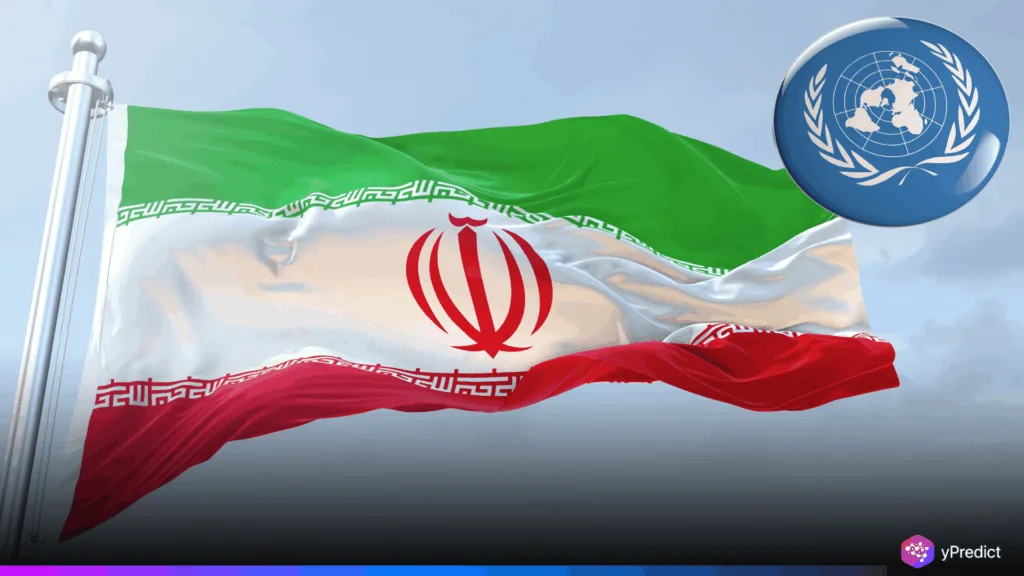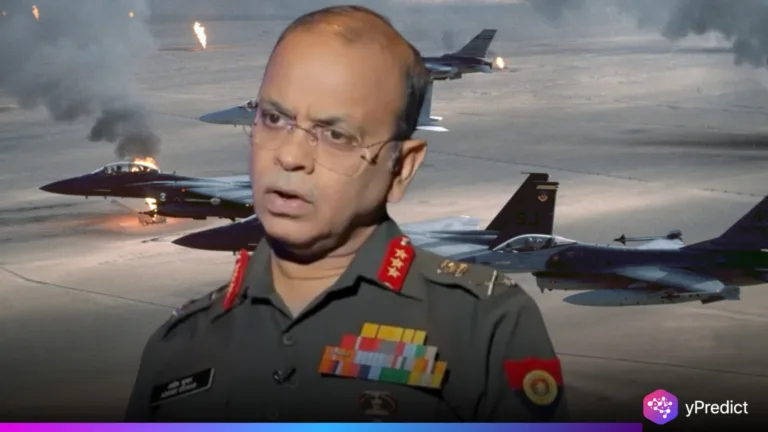
A prominent Iranian lawmaker has strongly warned about Europe’s reimposition of UN sanctions. He warned that if European countries keep enforcing sanctions, Tehran may renounce its pledges to regional security. Ahead of a crucial diplomatic meeting, Iran’s national security commission’s Abbas Moqtadaei made this declaration.
The negotiations between Britain, France, and Germany are expected to begin shortly in Istanbul. The E3 countries have the option to use the UN snapback mechanism if nuclear negotiations come to a standstill. Tehran claims that the E3’s endorsement of Israel’s June attacks on Iranian targets lacks a legitimate justification. Furthermore, Iran claims that the US’s exit from the 2015 agreement has damaged the E3’s position.
UN Sanctions Reimposed May Spark Iran’s Gulf Exit
Abbas Moqtadaei threatened to withdraw from its regional security commitments if the E3 imposed UN sanctions. Additionally, he highlighted Tehran’s strategic control over important areas. Especially for the vital Strait of Hormuz. Negotiations between Iran and the E3 countries have stalled in recent months.
Following Israel’s June airstrike on Iranian nuclear sites, indirect nuclear deal talks with the US are still on hold. Thus, both sides seem to be solidifying their positions as the snapback deadline in October draws near. Moqtadaei argued that Europe could not afford another conflict, already strained by tensions with the US, China, and Russia. He said that “Europe is not in a position to endanger itself.” He is referencing the current state of instability on a regional and global level.
Iran Rejects Europe’s Claim to Nuclear Pact Rights
Iran’s foreign minister recently wrote to the UN to declare that the E3 can no longer invoke the snapback clause. He claimed that their support for the US and Israel nullifies their involvement in the nuclear agreement. Meanwhile, the Iranian foreign ministry threatened “reciprocal measures” if the E3 triggered the mechanism. Analysts caution that regional instability could worsen if UN sanctions are reinstated. Additionally, it might damage the remaining trust between Europe and Iran.
Iran’s Warning Sends Ripple Effects Through Global Markets
The potential reintroduction of UN sanctions has significant ramifications that go well beyond diplomatic issues. Unstable oil supplies could result from any disruption in the Strait of Hormuz. This would raise the cost of energy on a global scale. Tehran’s warning intensifies worries about more general regional instability. Furthermore, this might have a big impact on investor sentiment in the global market. The next few weeks are likely to be tense because neither side appears prepared to compromise at this time.







